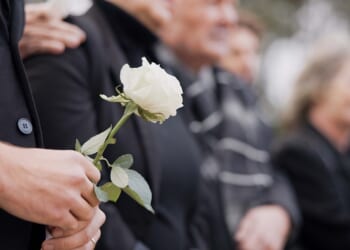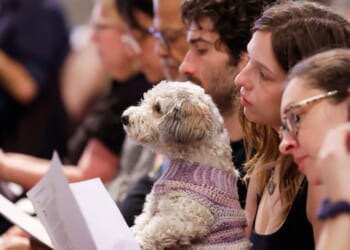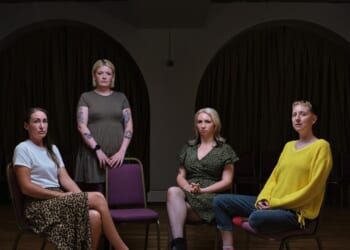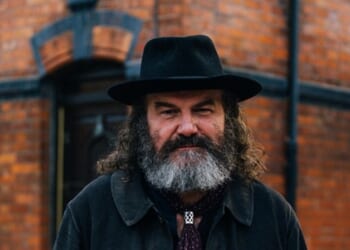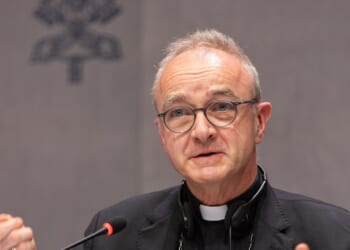THE Governing Body of the Church in Wales met last week for the first time since the abrupt retirement of the former Archbishop of Wales, the Most Revd Andrew John, in the light of the Bangor crisis. This was no small thing. In her first presidential address, the new Archbishop, the Most Revd Cherry Vann, was clear that no one in the Church in Wales had been left unaffected by the decision. She spoke of pain and confusion, and of a moment of “seismic change” for the Church. She paid tribute to Archbishop John and his leadership. And then she encouraged members to look forward, focusing on the Church’s core purpose.
But the departure of Archbishop John was not easily dispensed with. Later that day, the Representative Body (RB) came under considerable fire for its handling of the crisis. Specifically, the RB was criticised for the statement issued on 24 June, in which it had called for “a change in leadership, procedures and governance” in the diocese of Bangor. The critics said that this left Archbishop John little option but to step down with immediate effect. They believed that the RB had been unduly influenced by negative media coverage, and had acted beyond its remit. Many members of the Governing Body were angry — and they did not hold back. The decision was defended by the chair of the RB, Professor Medwin Hughes, who expressed his confidence that the actions of the RB, “although painful”, had been the right and proper course of action, given the body’s legal duty to comply with charity law and ensure resources were managed appropriately. But this does bring to mind some ecclesiological questions.
There are echoes here from the February meeting of the General Synod, the first such gathering after the shock of the Makin report and the resignation of the Archbishop of Canterbury. Nerves were raw that week. In both situations, elected members needed a place to express their anger and grief after things had, to the shame of the Church, gone badly wrong. Recovery requires honesty. Unless the voices of those crying out for justice are heard, there is little hope that wrongs can be put right.
Encouragingly, another part of the meeting that might have given rise to strong feelings was much less confrontational. The discussion on same-sex marriage had been billed as a listening exercise rather than a debate. The Bishop of Llandaff advised speakers to count to 30 in their heads before speaking — and it appears that this worked. Observers suggest that the conversation was conducted with courtesy and respect. The new Archbishop will be in no doubt of the challenges that she has inherited, in Bangor and beyond. Questions about financial sustainability, clergy conduct, and pastoral reorganisation will all be preoccupying her. But she may be able to take some comfort from having successfully steered the ship through particularly choppy seas towards slightly calmer waters.









